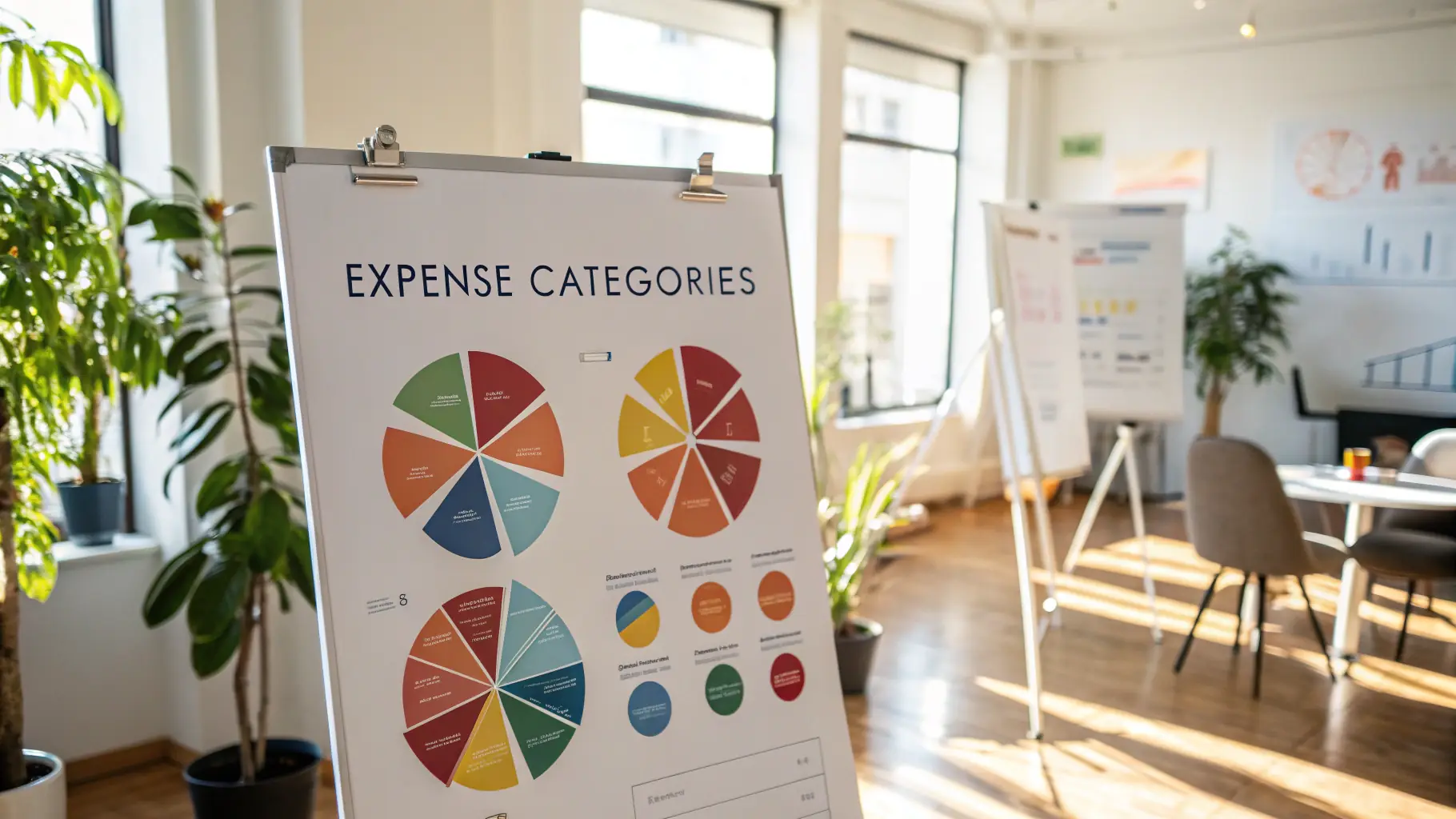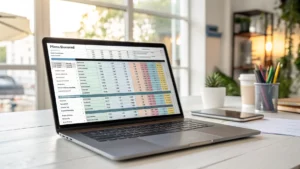Optimizing expenses is a key component of achieving financial stability. By identifying areas where you can cut back on unnecessary spending, you can free up more funds for savings and investments. Understanding your spending habits is the first step towards optimizing your expenses. Tracking your expenses allows you to identify areas where you might be overspending and make adjustments to your spending patterns. One effective strategy for optimizing expenses is to create a detailed budget. A budget helps you visualize your income and expenses, allowing you to identify areas where you can cut back. By tracking your spending, you can gain valuable insights into your financial habits and make informed decisions about your money. Regularly reviewing your budget is essential for maintaining its effectiveness and ensuring that it aligns with your evolving financial needs. Another important aspect of optimizing expenses is to prioritize needs over wants. Understanding the difference between needs and wants allows you to make conscious spending decisions. By focusing on essential expenses, you can free up more funds for savings and investments. Seeking professional financial advice can provide valuable insights and guidance in developing a personalized plan for optimizing your expenses.
Optimizing Expenses for Maximum Savings
Learn practical tips and strategies to optimize your expenses and maximize your savings.



